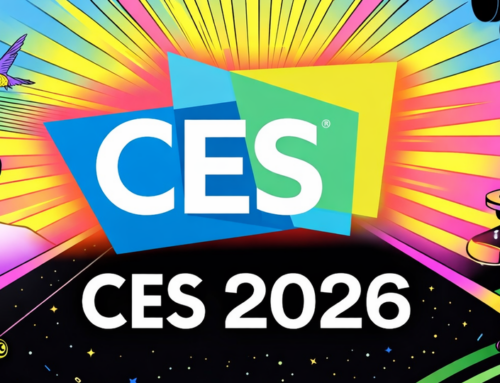January_CES 2025 Immersed in GAI+AI, Continuously Accelerating Innovation and Development in the Digital Health Industry (Next)
Brain Neurotronics enhances mental health, allowing for a wider range of brain health technology applications.
According to the AARP Agetech 2025 Technology Trends Survey of Adults 50+, about 66% people view technology as a tool to simplify daily tasks and enrich their aging lives, while about 46% people recognize the power of technology to enable healthy living, improve brain health, and are interested in wearable devices for tracking sleep and stress, or for neurocognitive training. Wearable devices that track sleep and stress or are used for cognitive training are of great interest.
This year's CES showcased brain and nerve electronic technology, including the promotion of mental health, pain relief, sleep, or brain wave neuromodulation applications, etc., making the application of brain and nerve health technology more promising. As shown in Figure 4, CES on-site display highlights brain and neural health technology products, with Japan's Kirin's electric salt spoon is the most eye-catching, through the electric current stimulation of the tongue, thereby stimulating the salty and fresh flavors, to promote the human body to reduce the actual intake of salt and design; or developed specifically for the relief of temporomandibular joint pain Acheless, the use of the SSP electrodes, microcurrent and vibration, stimulate temporal muscles and bite muscles, to strengthen blood flow, and trigger the pain hormones. ArthronPulse, an electronic therapy device for degenerative arthritis, uses pulsed electromagnetic field therapy, low-intensity laser therapy, and electrical muscle stimulation to alleviate the triggers of arthritis, relieve pain, and strengthen muscles to promote joint health; Gbrain developed the Phin Stim, a miniaturized wireless neuroimplantable device that uses thin-film polymer electrodes to integrate brain-computer interface technology. Gbrain's development of the Phin Stim, a miniature wireless neuroimplantable device that uses thin-film polymer electrodes and integrates brain-computer interface technology, eliminates the need for connecting wires to the skin or invading the deeper layers of the brain, and opens up new opportunities to revolutionize the treatment of neurological disorders.








